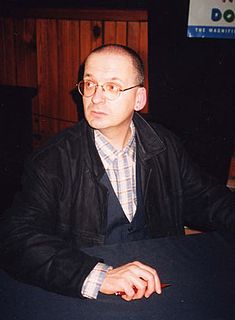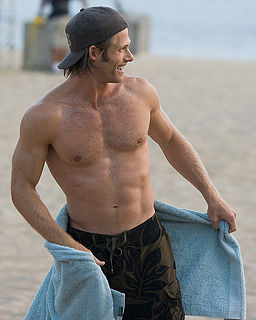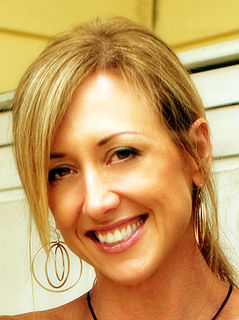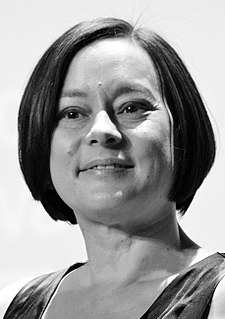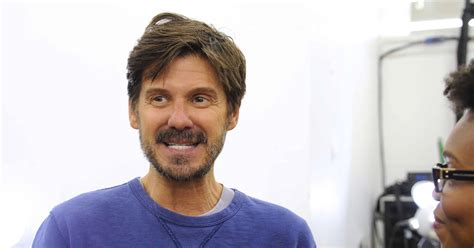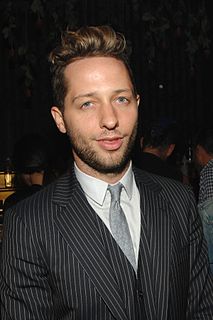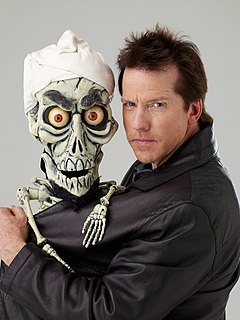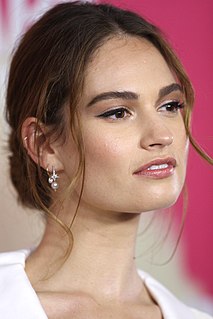A Quote by Rainbow Rowell
I was in my mid 20s when email finally took off. Until then, the phone was my primary way of connecting with the people in my life.
Related Quotes
There was rarely an obvious branching point in a person's life. People changed slowly, over time. You didn't take on step, then find yourself in a completely new location. You first took a little step off a path to avoid some rocks. For a while, you walked alongside the path, but then you wandered out a little way to step on softer soil. Then you stopped paying attention as you drifted farther and farther away. Finally, you found yourself in the wrong city, wondering why the signs on the roadway hadn't led you better.
The normal way of gathering information is through sound: when you hear information that you want to gather, you look in its direction, you see what it is, if you choose you can get closer, you can see it, you can touch, and then, finally, the most committed form of data gathering is to taste it and eat it. But for the urbanite, we're cut off from our primary sense, and I want to stress that - our primary sense of gathering information about the place that we're living in - and instead, we're in a war zone.
It took me a while to warm to the '20s costumes on 'Downton.' I love it when women accentuate their curves, and that era was all about hiding them. The shapes they wore then were in tune with female empowerment. Cutting off their hair and hiding their busts was a way of saying, 'We're equal to men!'

